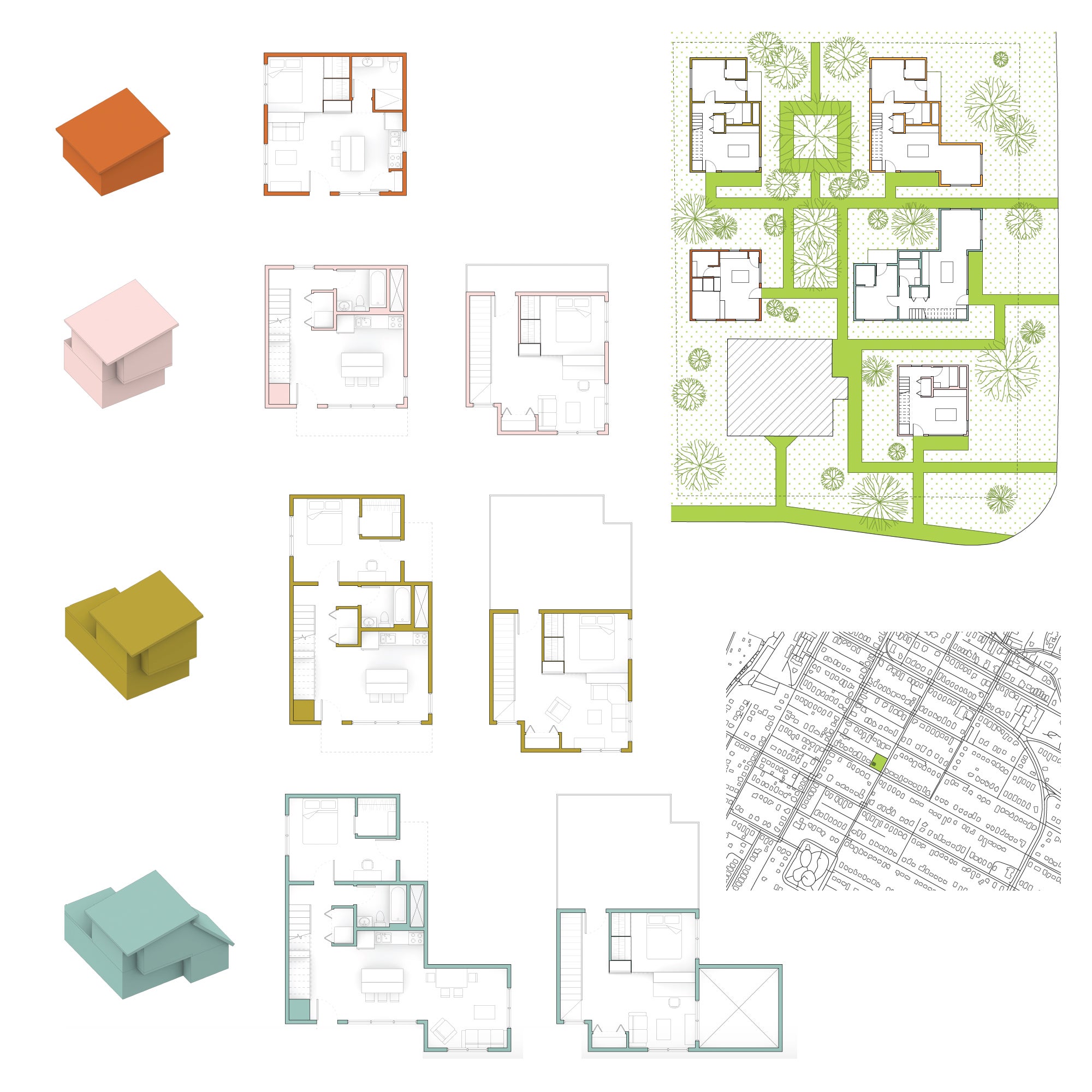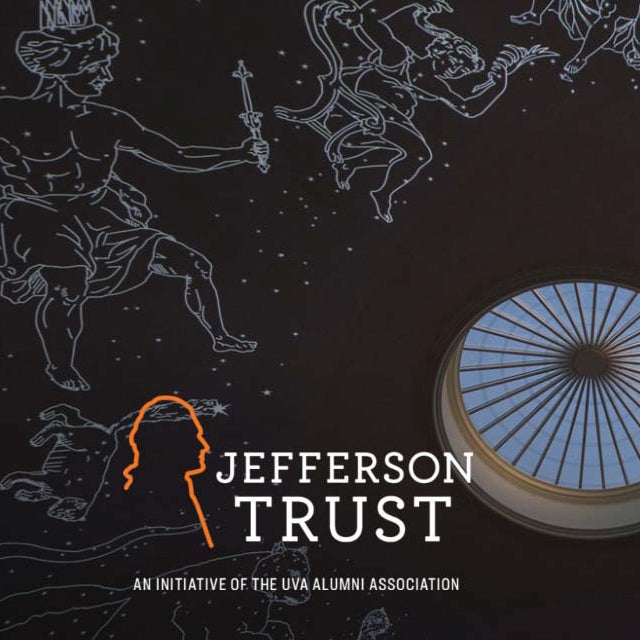
THE SCHOOL OF ARCHITECTURE RECEIVES MAJOR GRANT TO SUPPORT RESEARCH ON NETWORKED PUBLIC SPACE AND CIVIC INFRASTRUCTURE
The UVA School of Architecture is excited to announce that it has recently received SIF (Strategic Investment Funding) from the Board of Visitors and President Ryan to support Networked Public Space: Prototyping civic infrastructures and the IoT. Led by Associate Professor Mona El Khafif and Assistant Professor Andrew Mondschein, Networked Public Space investigates how data-responsive urban architectures and infrastructures can function as catalytic tools of communicative action, deepening human relationships to their communities and facilitating socio-political (not only techno-infrastructural) responses to urban environmental challenges. As a UVA Next Cities Institute (NCI) research pilot, our integrated approach targets not only the technical opportunities of sensor systems and embedded technologies, but also supports the humane and material aspects of public spaces.
“Smart City” design often fails to consider how new technologies should be integrated into the design of public places. Designers and planners must work with engineers, computer scientists, and other technologists to envision how we can make this new urban infrastructure part of a civic ideal, not just solving technically-framed problems but allowing people to understand, respond to, take ownership of, and even contest new technological infrastructures. Within this context, a critical, unresolved problem for Smart Cities is bridging data analytics with the humane, creative design of public spaces — the most essential physical and social environment of our cities. Networked Public Space proposes the design of a replicable, networkable streetscape and civic infrastructure system prototype that closes the loop between data collection, data analysis, data representation, and the physical design of these public spaces.
The project will integrate sensors within public spaces in Charlottesville to help local communities understand environmental conditions — air pollution, noise level, CO2 levels, motion, occupancy, light intensity. The collected data will be legible through the responsiveness of the infrastructural hardware and the data-based web interface — a public real-time web map that will feature and analyze the collected environmental and social data over time.
Networked Public Space connects a diverse group of faculty in order to conduct path-breaking research on how cities can integrate new technologies into the urban fabric. This will facilitate meaningful civic and individual engagement in public spaces to realize the potential for social benefit.
The University of Virginia’s Strategic Investment Fund funds exceptional opportunities with potential to:
- Transform a critical area of knowledge or operation
- Further research progress of the University
- Materially enhance the quality of the academic experience
- Support an affordable and excellent education for Virginians
- Expand economic development in the Commonwealth
The School of Architecture's Next Cities Institute: Networked Public Spaces is the first A-School project to receive SIF-funding — the project will receive $332,000 over its three-year timeline.
TEAM AND COLLABORATORS
UVA School of Architecture
Professors: Mona El Khafif and Andrew Mondschein; Research Assistants and Support: Zihao Zhang, PhD candidate; Eric Field, Director of Information Technology; Melissa Goldman and Trevor Kemp, Design Innovation and Digital Fabrication Laboratory
UVA Data Science Institute
Associate Researchers: Luis Felipe Rosado Murillo
UVA School of Engineering, Department of Science, Technology and Society
Professors: Sean Ferguson and Sharon Ku
External collaborators
Lucas Ames, Founder and Boardchair of SmartCVille and UVA’s partner in Cville Things Network; Professor Philip Speranza, University or Oregon; City of Charlottesville and representative Neighborhood Associations


